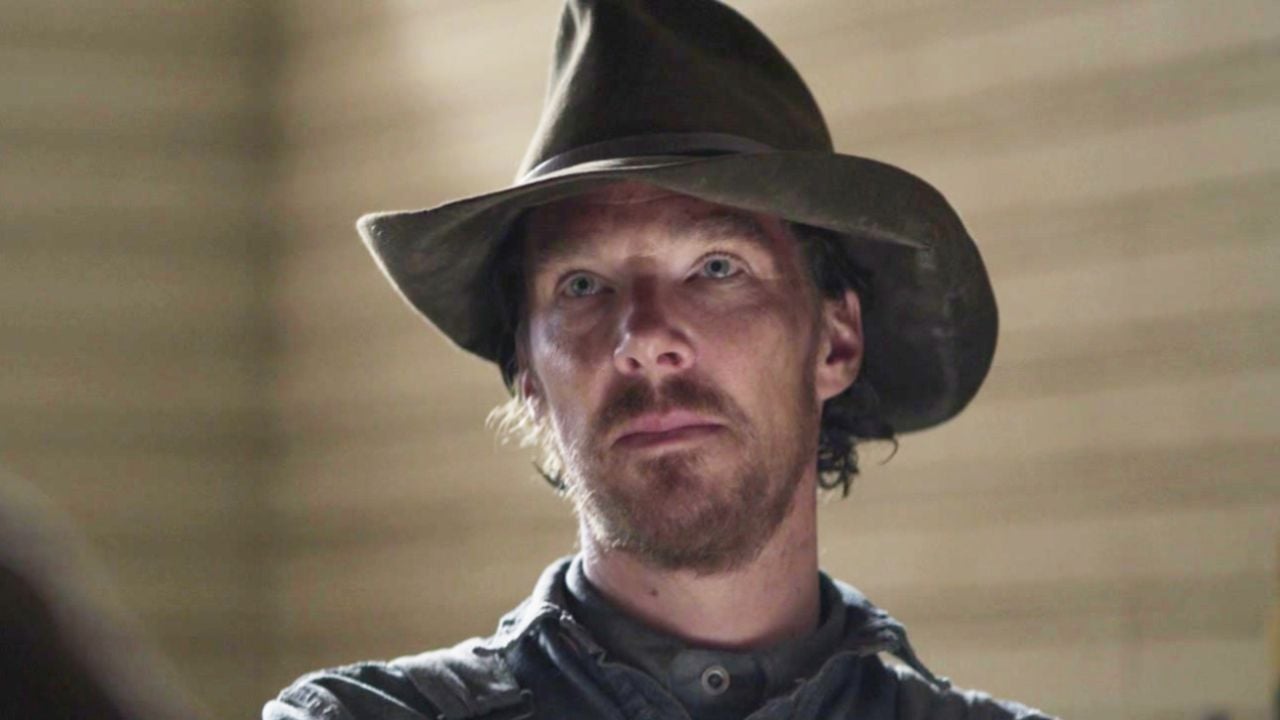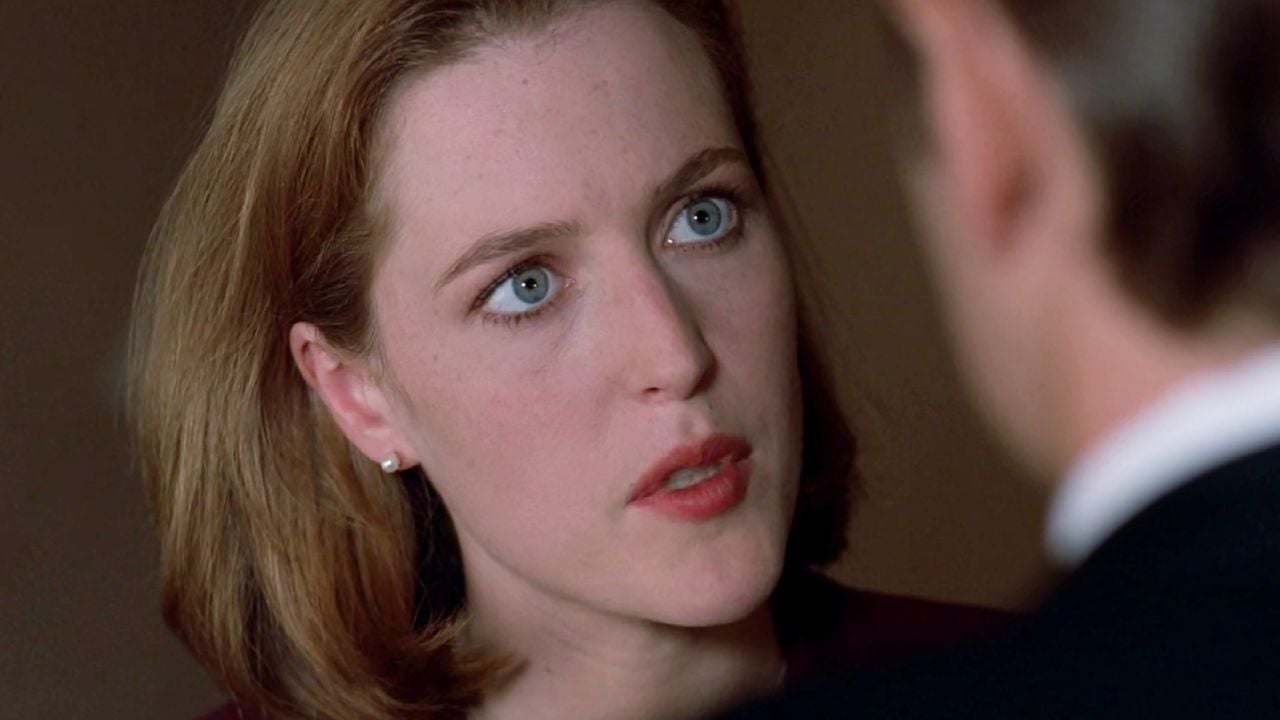Oksana, you recently asked your followers what they associate you with in the first place. And many wrote: awareness. It’s generally a fairly fashionable word today, but what do you personally put into it, how do you understand this state?
For me, it is above all an analysis of myself, an understanding of what is happening to you at the moment. When you don’t go with the flow, you don’t act based on your momentary emotions and state, but based on your goals and priorities. Imagine this situation: you are queuing for check-in at the airport, then someone pushes you, trying to pass, usually behaving indecently. I think 99% of people will start to get involved in a scandal, or at least get very angry and their mood will deteriorate. And how does a person in a state of consciousness act? He knows that there is no point in swearing and taking it personally, because this person himself does not understand that he is behaving badly. The situation has nothing to do with you – only with this person. So you remain an absolutely calm observer. And that applies to everything. When someone writes nasty things to you on social media or responds rudely to you. In a state of consciousness, you do not succumb to provocations. You have time to stop and think. And you end up not reacting like 99% of people do. But I myself am still doing it, I am infinitely far from full consciousness.
ADVERTISEMENT – CONTINUED BELOW
Is it necessary to go against generally accepted rules and establish your own to achieve real success?
This is the only way to achieve this. After all, what are the generally accepted rules? Don’t stand out, join the crowd, be normal, be like everyone else, do everything the known way, follow the beaten path. In my opinion, there are several main things you need to follow to be successful. You must be in touch with your values, know what they are, follow them at all times and follow your priorities. You must be flexible and adaptive. But at the same time, very disciplined. Be a leader in everything you do, except in situations where you need to be able to obey. However, in what you do yourself, you should always be a leader, even if it is small things. You have to do everything in the best possible way, that is, involve yourself in every situation and behave in it as if your whole life depended on it. In addition, you need to choose the right environment and the right team, be creative – not focus on one solution to the problem. You cannot despair and give up, you must always move forward. These may be banal and general words, but they seem to me to answer the question “how to succeed?” “. Because unsuccessful people know all these things, but for some reason they don’t. And it is important not only to know, but also to act constantly – not to wait for the weather by the sea, not to blame others, not to justify yourself, but to be proactive.
You admitted that you always make decisions quickly. Has this skill always been with you or has it come with experience?
Fortunately, this is my innate quality. And now I’m just learning, when time and the situation allows, to give myself time to reflect and slow down a bit. Because sometimes I make decisions very quickly and then have to change them along the way.
You already have a lot of coaching experience. What are the most frequent requests you receive? What is a modern Russian woman missing?
You won’t believe it, but women come to me for coaching with such requests: how to learn to relax, how to find a man, how to meet his love, how to grow in business and overcome the limits that exist, but the more fundamental is not to drag everything on myself. Because Russian women are distinguished by the fact that they do not allow men to express themselves. And they do not let themselves rest, because, as we know from our Soviet childhood, this is shameful and wrong. I know how to relax and be a woman, so people come to me for that energy. I embody a lot of things that are very difficult to combine, so people look to me for that energy.











